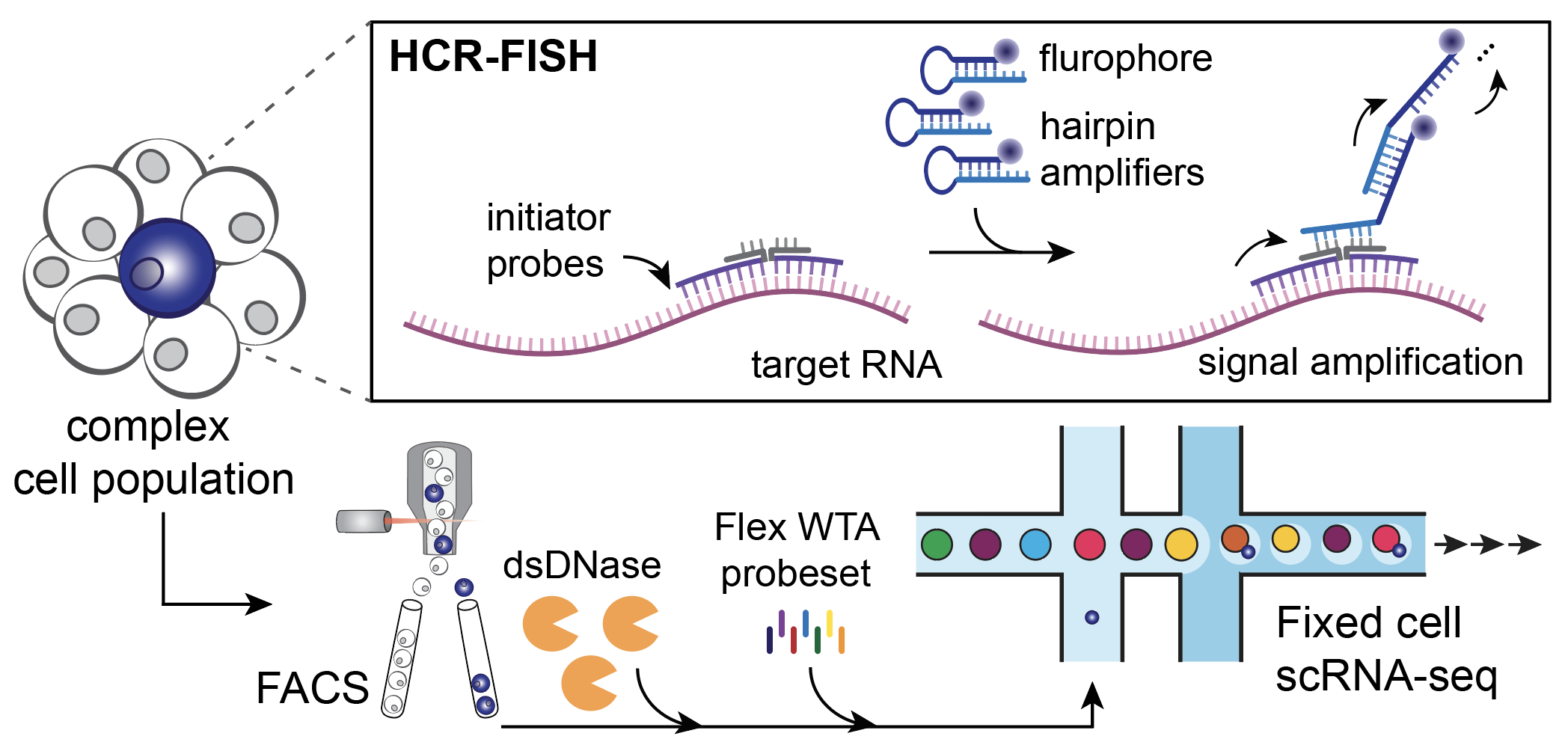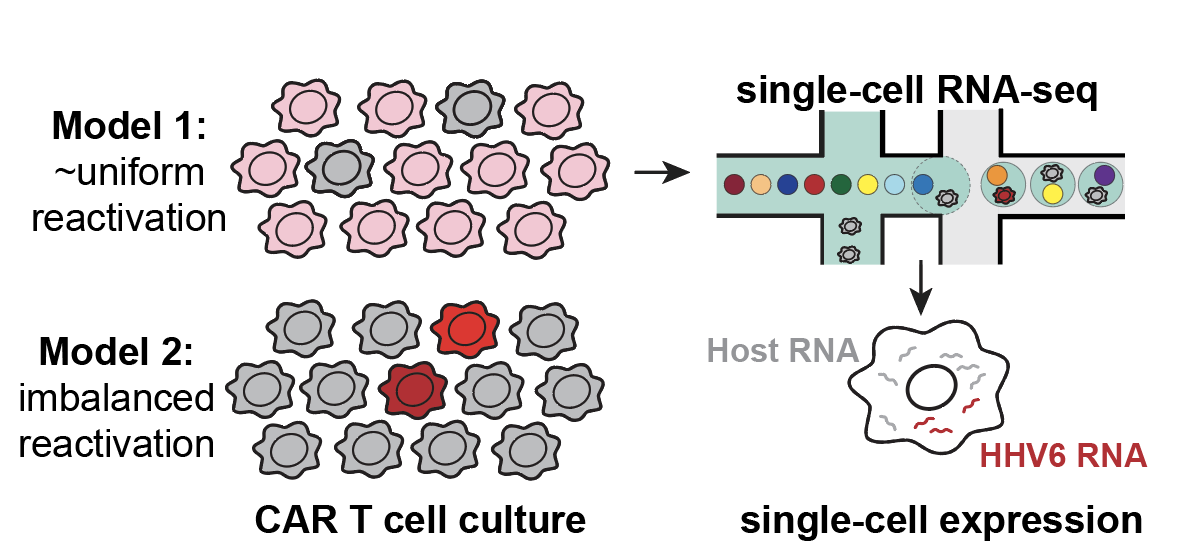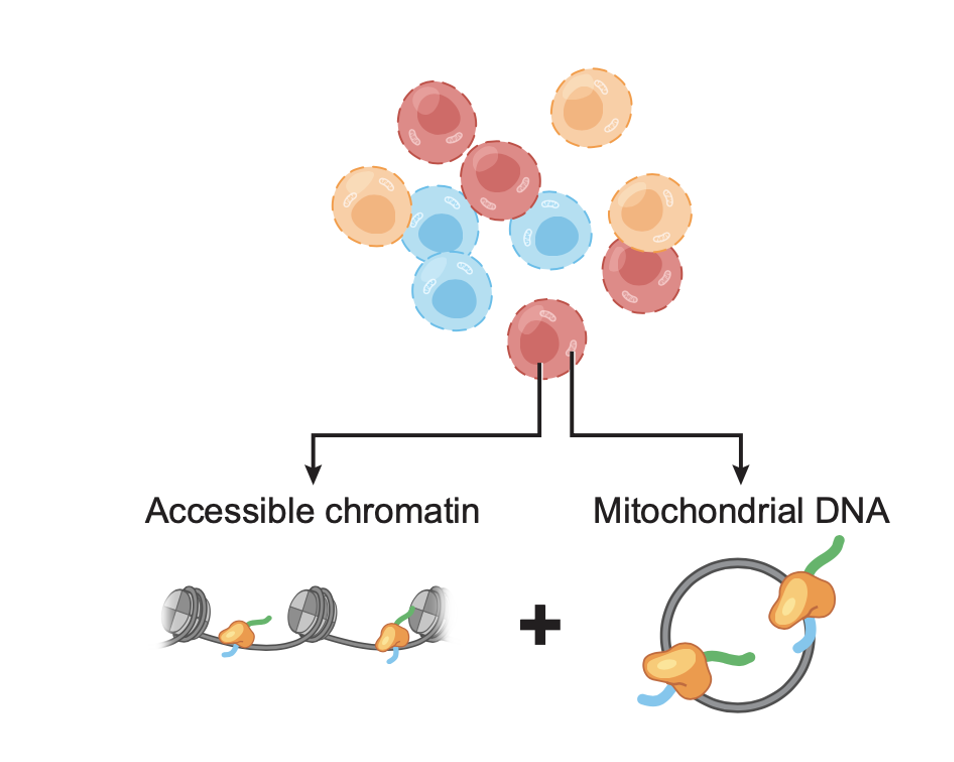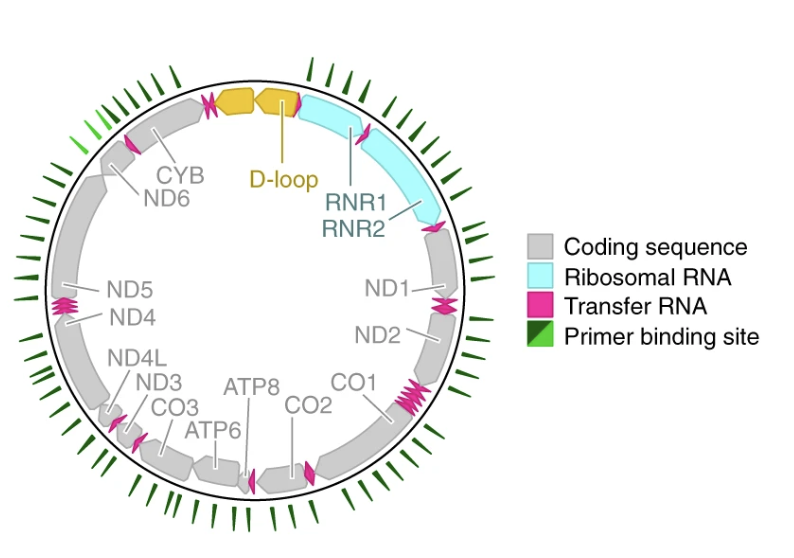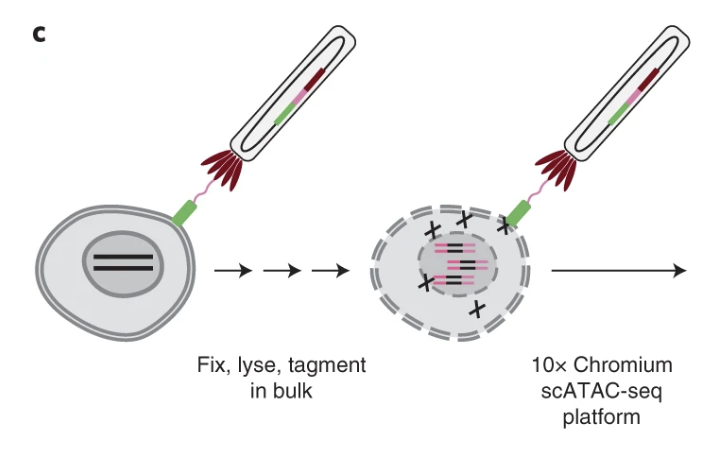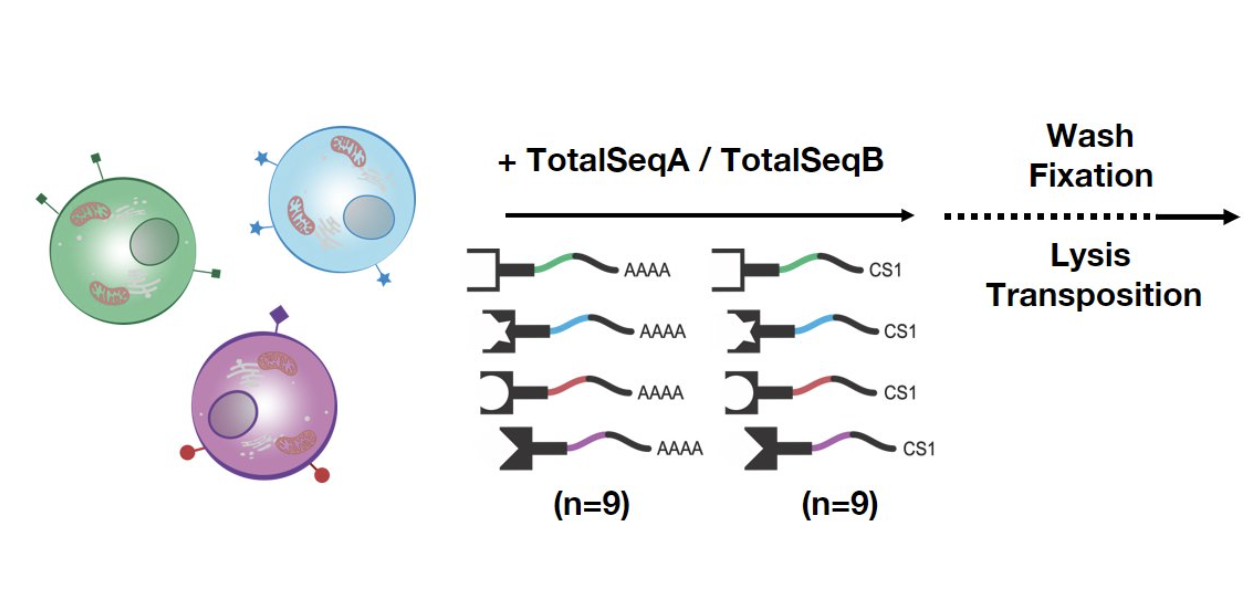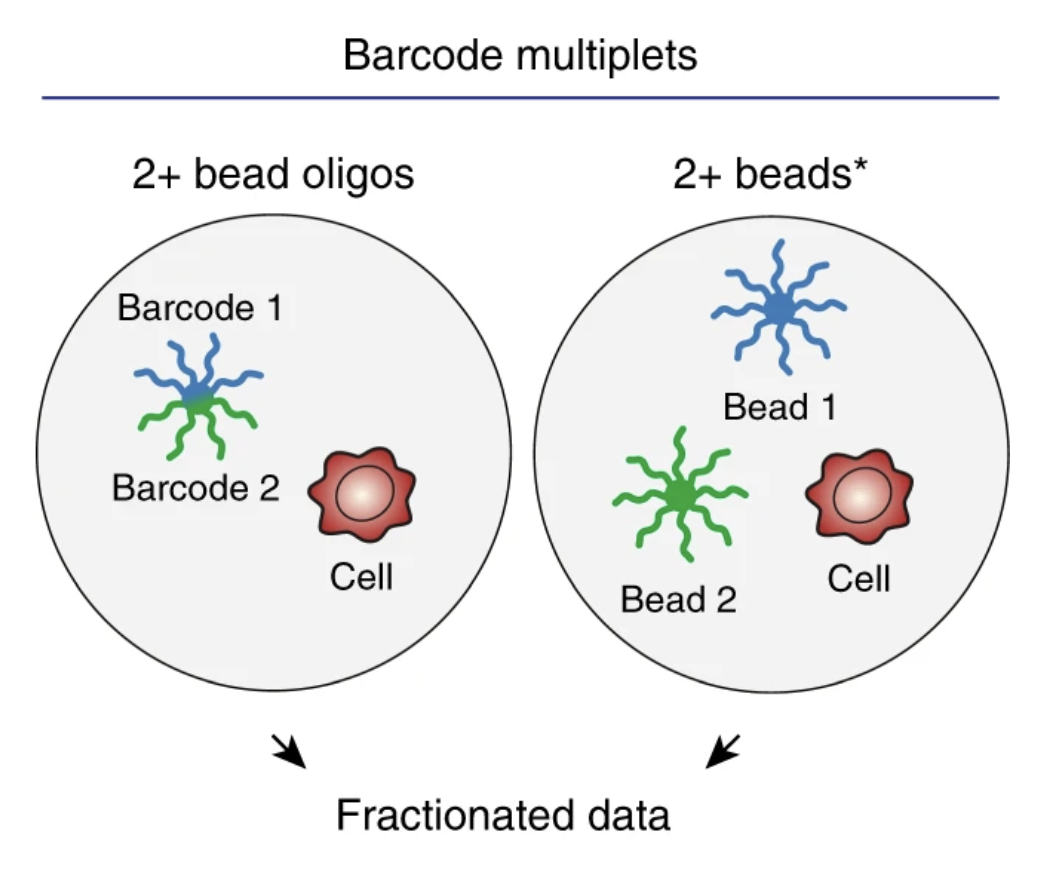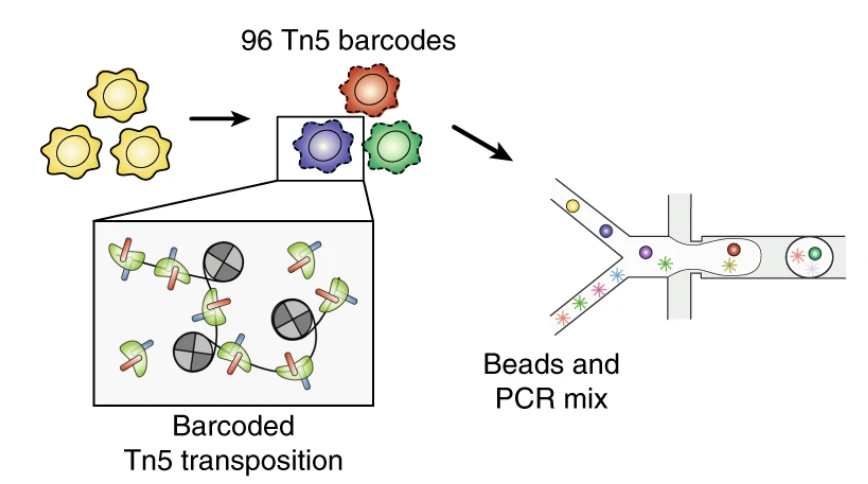Reproducing and extending our works
Our team is an advocate for open and reproducible science. This includes both experimental details to generate data and line-by-line computational workflows to reproduce critical insights. As many of our own insights come from reanalyzing data from previously published work, we take special care to ensure that resources from our works are available in easy-to-access formats.
Check out our curated resources from our major efforts here:
